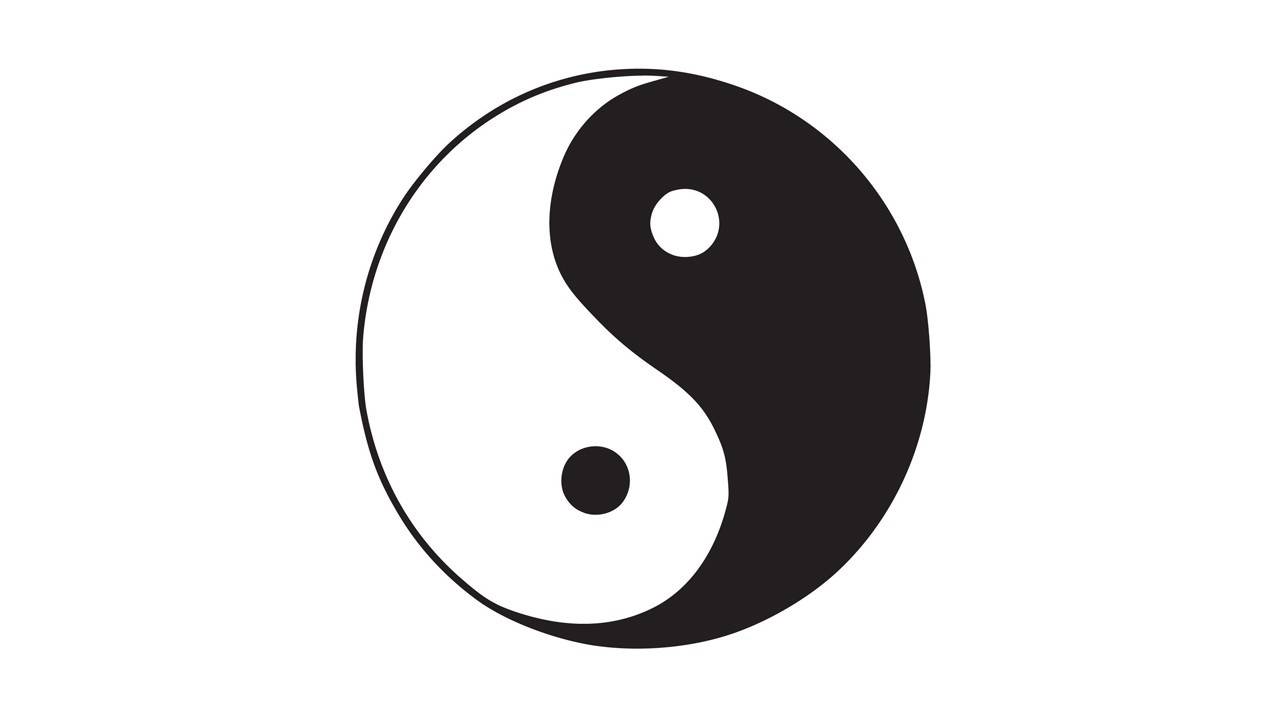The Taoist Art of Effortless Action with Wellspring Counselling
As a counselor, I continually seek wisdom from diverse philosophies and traditions to better understand and help guide my clients on their journeys. One such source of wisdom is Taoism, an ancient Chinese philosophy filled with deep insights about the nature of existence and the human psyche. One of its central principles is a concept known as “wu wei.” Interpreted by the late British philosopher Alan Watts – an expert in synthesizing Eastern philosophies for a Western audience – “wu wei” can offer us fascinating perspectives on life, action, and inner peace.
What is Wu Wei?
“Wu wei” roughly translates to “non-doing” or “non-action,” but don’t mistake this for literal inaction or passivity. Rather, wu wei encapsulates a form of action that is spontaneous, effortless, and in perfect harmony with life’s natural flow. Think about those moments when you are so immersed in an activity that you lose all sense of time and self-consciousness – often described as being “in the zone” or experiencing a “flow state.” This is what wu wei feels like.
Watts illustrated this concept beautifully using examples from nature. Consider water flowing around a rock in a stream. The water doesn’t forcefully attack the rock but gently and persistently flows around it. Despite being soft and yielding, over time, water can shape even the hardest rock, demonstrating strength through non-resistance. This is the essence of wu wei – working with life, not against it.
Similarly, think about a tree growing. It doesn’t strain or strive; it simply grows according to its innate nature and environmental conditions. Human beings, too, can embrace this sense of natural, unforced action, allowing life to unfold organically without excessive effort or struggle.
Applying Wu Wei in Everyday Life
The question, then, is how we can incorporate wu wei into our daily lives and cultivate a state of effortless action.
- Identify your flow: Start by observing those moments when you naturally enter a state of “flow.” These moments may occur during creative tasks, physical activities, or even while problem-solving. When do you lose track of time because you are completely engaged with what you’re doing? These are your areas of inherent wu wei.
- Trust your intuition: Wu wei involves trusting your natural responses to life’s situations. Overthinking often leads to forced and artificial actions that disconnect us from our intuitive wisdom. Instead of intellectualizing every decision, learn to trust and follow your intuition more often.
- Let go of control: Much of our stress comes from attempting to control every aspect of our lives. Wu wei encourages us to accept that we can’t control everything and learn to flow with life’s unpredictability. This doesn’t mean abandoning plans or goals but rather maintaining flexibility and openness to life’s unfolding events.
- Practice mindfulness: Wu wei is about being fully present and engaged with the task at hand. Mindfulness practices, such as meditation, can help cultivate this presence, enabling you to respond spontaneously and effectively to life’s challenges.
Wu Wei in Counseling
As a counselor, I often see clients struggling with their need to control life or their fixation on effortful striving. In such cases, introducing them to the concept of wu wei can be transformative. It enables them to understand that not all action needs to be forceful or resistant; sometimes, the most profound changes can occur when we align ourselves with life’s natural flow and let things unfold in their own time.
However, remember that wu wei is not a prescription for laziness or inaction. It is about natural action that arises spontaneously without force or internal resistance. Engaging in life with the essence of wu wei allows us to navigate challenges with ease and maintain inner peace amid the world’s chaos.
As we move forward on our personal journeys, let us embrace the wisdom of wu wei, merging our actions with life’s effortless flow and discovering a richer, more harmonious existence.





